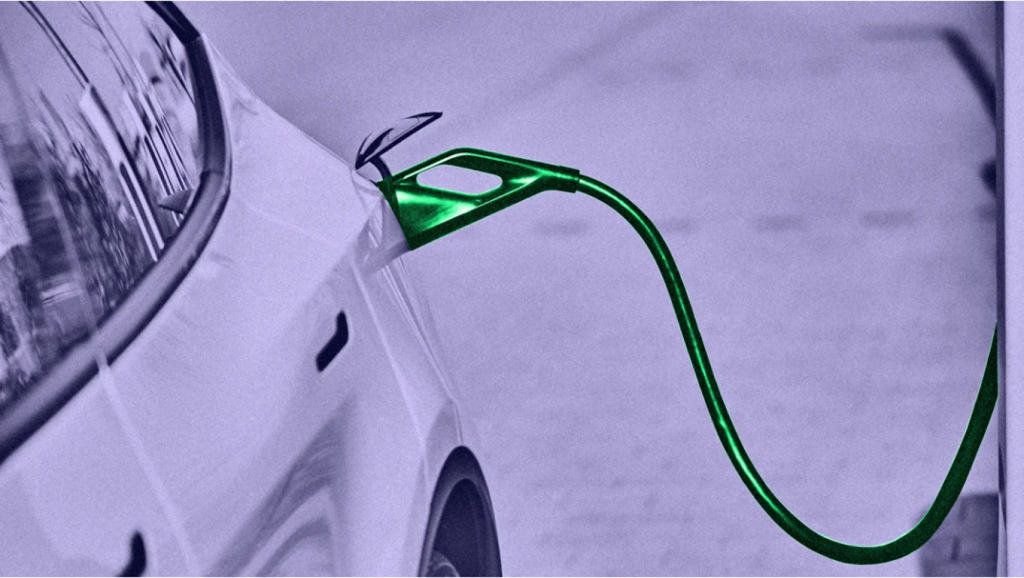
Fast Company shares some ideas on how the US can make EVs without China, but it won’t be easy.
China currently controls 60% of the world’s lithium mining, 77% of battery cell capacity, and 60% of battery component manufacturing. Many American EV makers, including Tesla, rely heavily on battery materials from China.
How did China dominate the market? Through an aggressive mix of carrots and sticks. Its consumer subsidies raised demand at home, and Beijing and other major cities set licensing quotas mandating a minimum share of EV sales. China also established a world-dominating battery supply chain by securing overseas mineral supplies and heavily subsidizing its battery manufacturers.
In the short term, the US needs to rely on strategic partners overseas. The recently passed Inflation Reduction Act allows imports of critical minerals from countries with free trade agreements to qualify for incentives, but not imports of battery components. This means suppliers like Korea’s LG Chem, SK Innovation, and Samsung SDI, which supply 26% of the world’s EV batteries, are shut out. In the spirit of friendshoring — that is, reshoring manufacturing to allies and key partners, the Biden administration could issue a temporary waiver that makes it easier for Korean battery makers to move more of their supply chain to the U.S.
In the mid- to long-term, a concerted trade and diplomacy effort will be necessary for the U.S. to secure critical mineral supplies. The Democratic Republic of the Congo, where 70% of the world’s cobalt is mined, and Chinese companies control 80% of those supplies. To counter this, the Biden administration’s “friendshoring” vision has a chance only if it can diversify the lithium and cobalt supply chains.
There’s more at the article here. Have a look.

 Dad Caps
Dad Caps
 Five Panel Hats
Five Panel Hats
 Mesh Back Hats
Mesh Back Hats
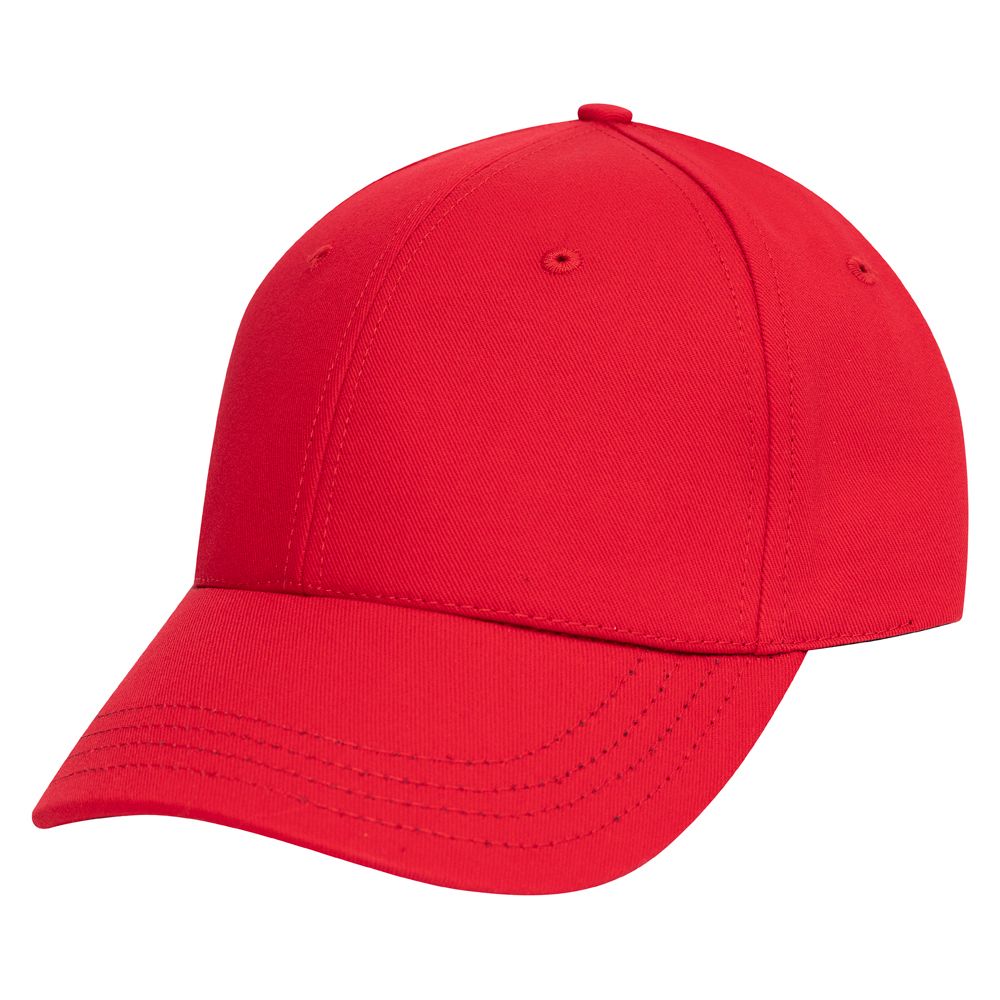 In Stock Blanks
In Stock Blanks
 Snapback Hats
Snapback Hats
 Stretchfit Hats
Stretchfit Hats
 Duffel Bags
Duffel Bags
 Backpacks
Backpacks
 Tote Bags
Tote Bags
 Computer Bags
Computer Bags
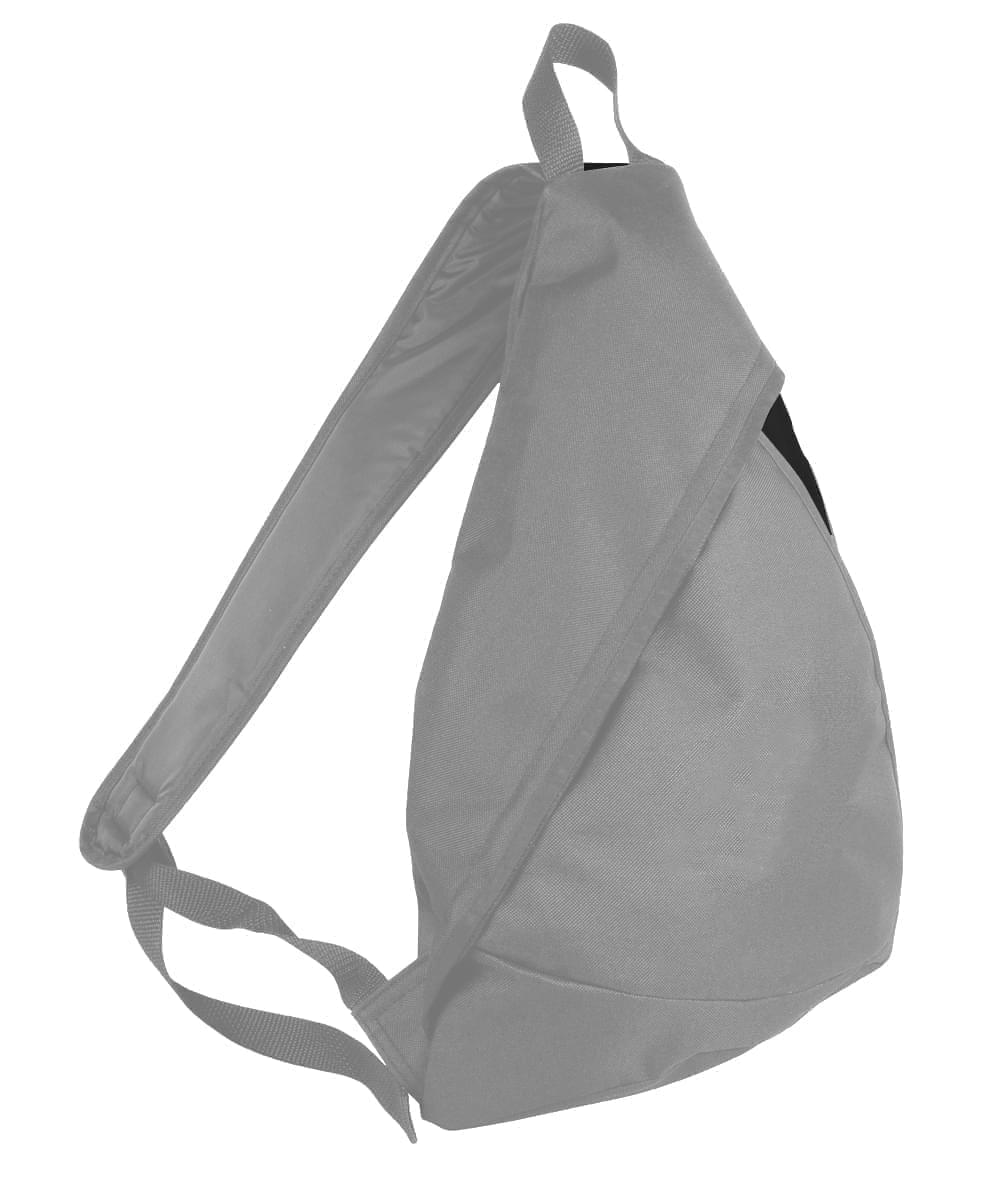 Sling Messenger Bags
Sling Messenger Bags
 Cooler Bags
Cooler Bags
 Cuff Hats
Cuff Hats
 Beanies
Beanies
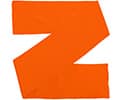 Scarves
Scarves
 Zipper Folders
Zipper Folders
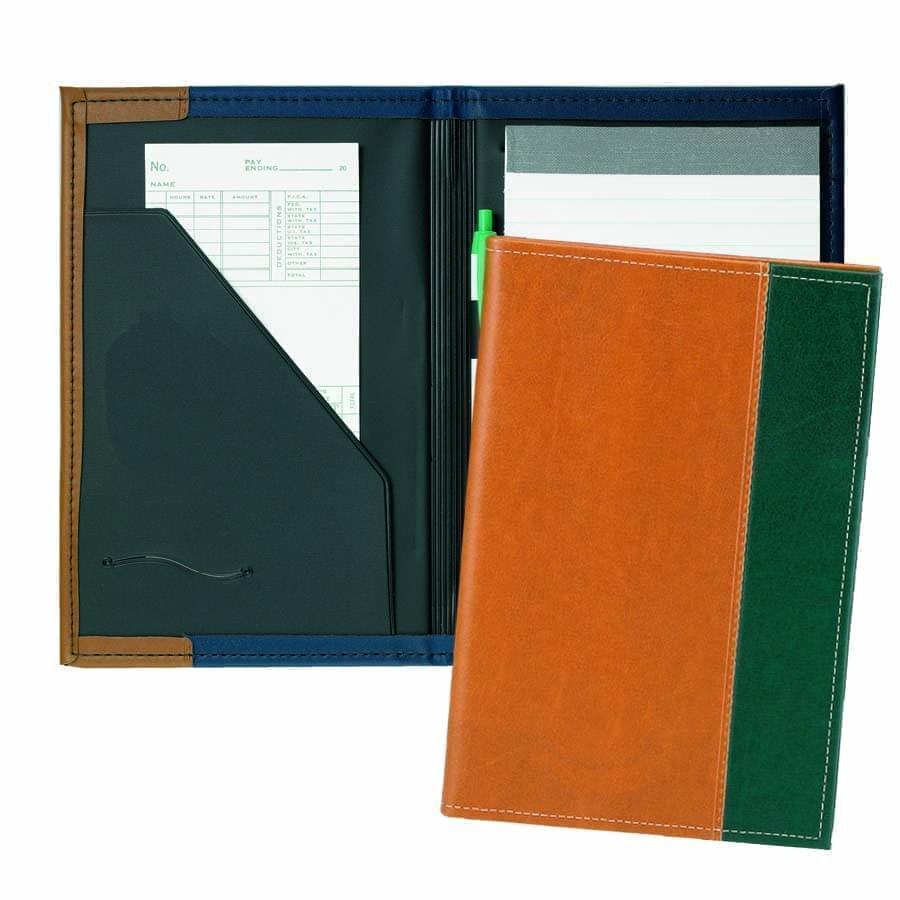 Stitched Folders
Stitched Folders
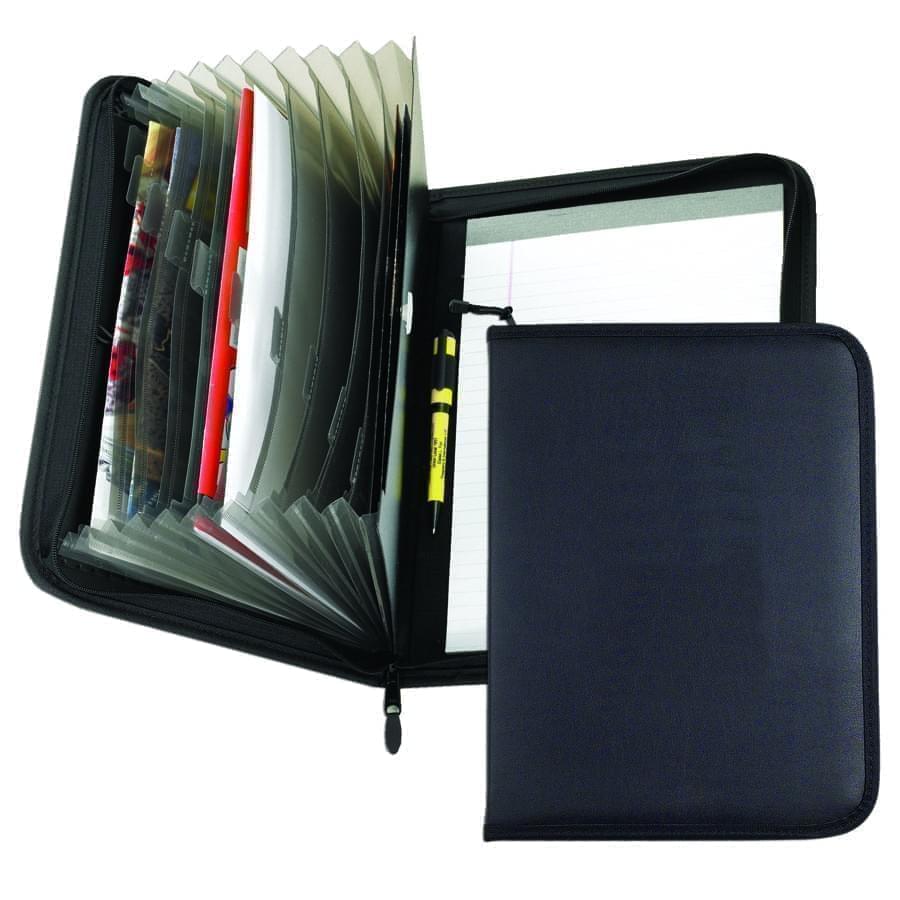 Accordion Folders
Accordion Folders
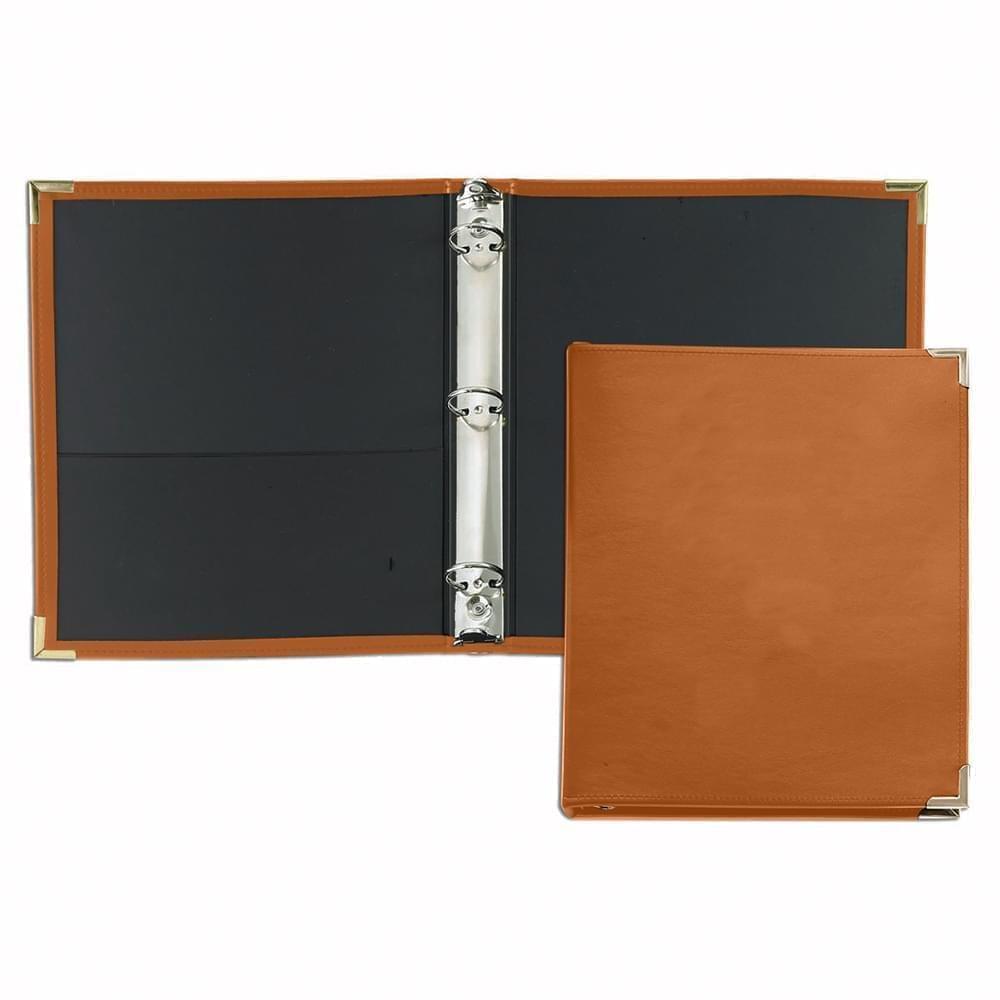 Ring Binders
Ring Binders
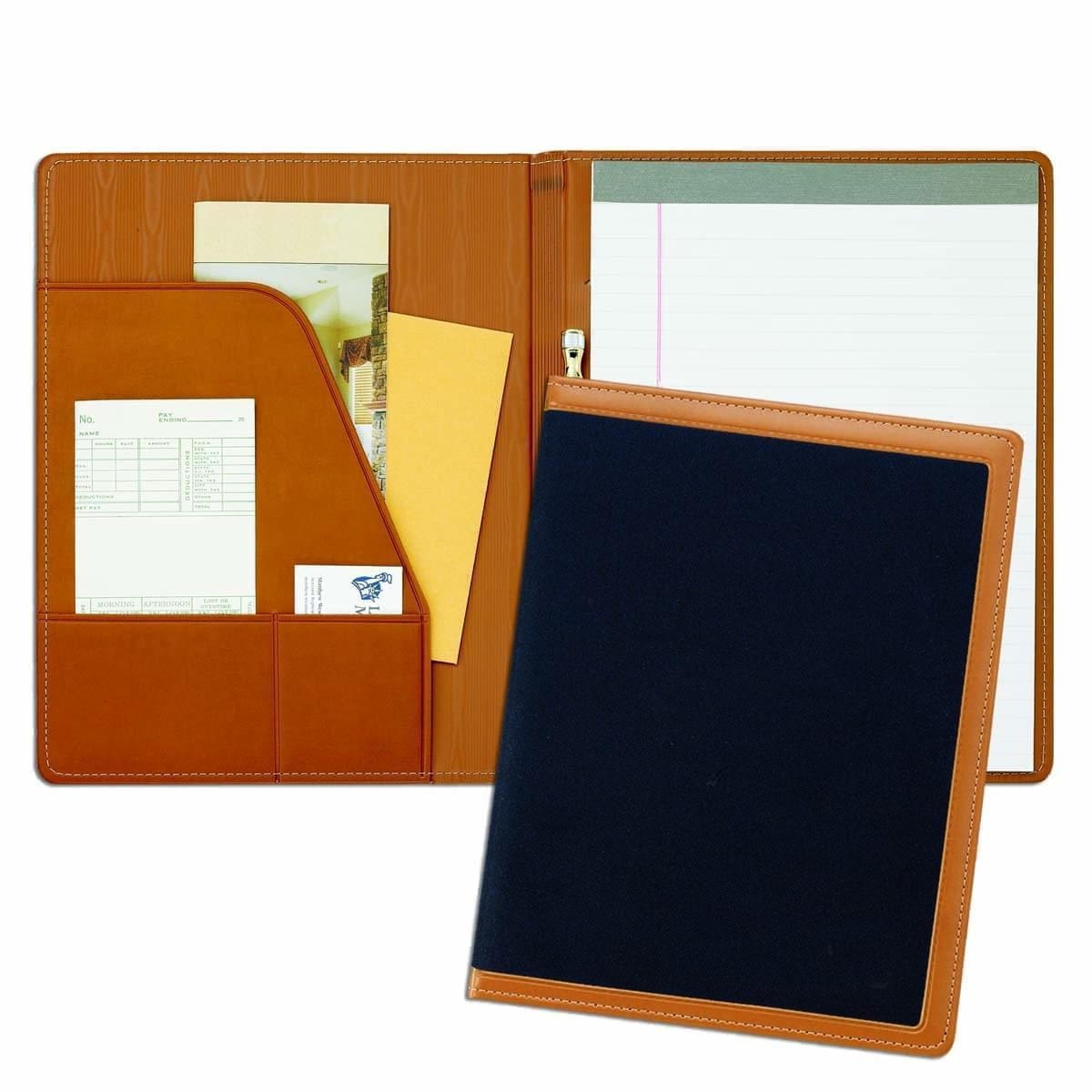 Letter Folders
Letter Folders
 Clipboards
Clipboards

 Union Made In USA
Union Made In USA






